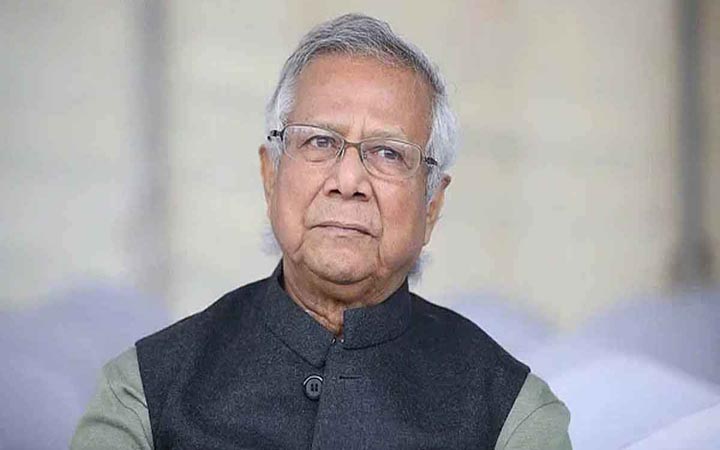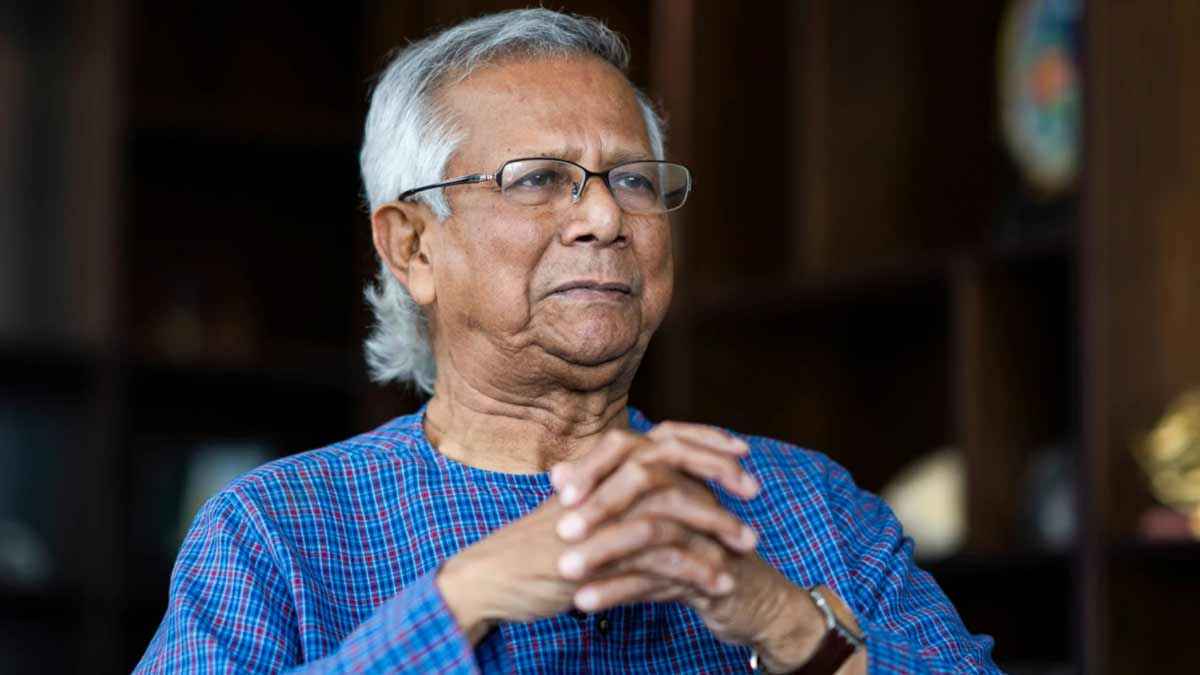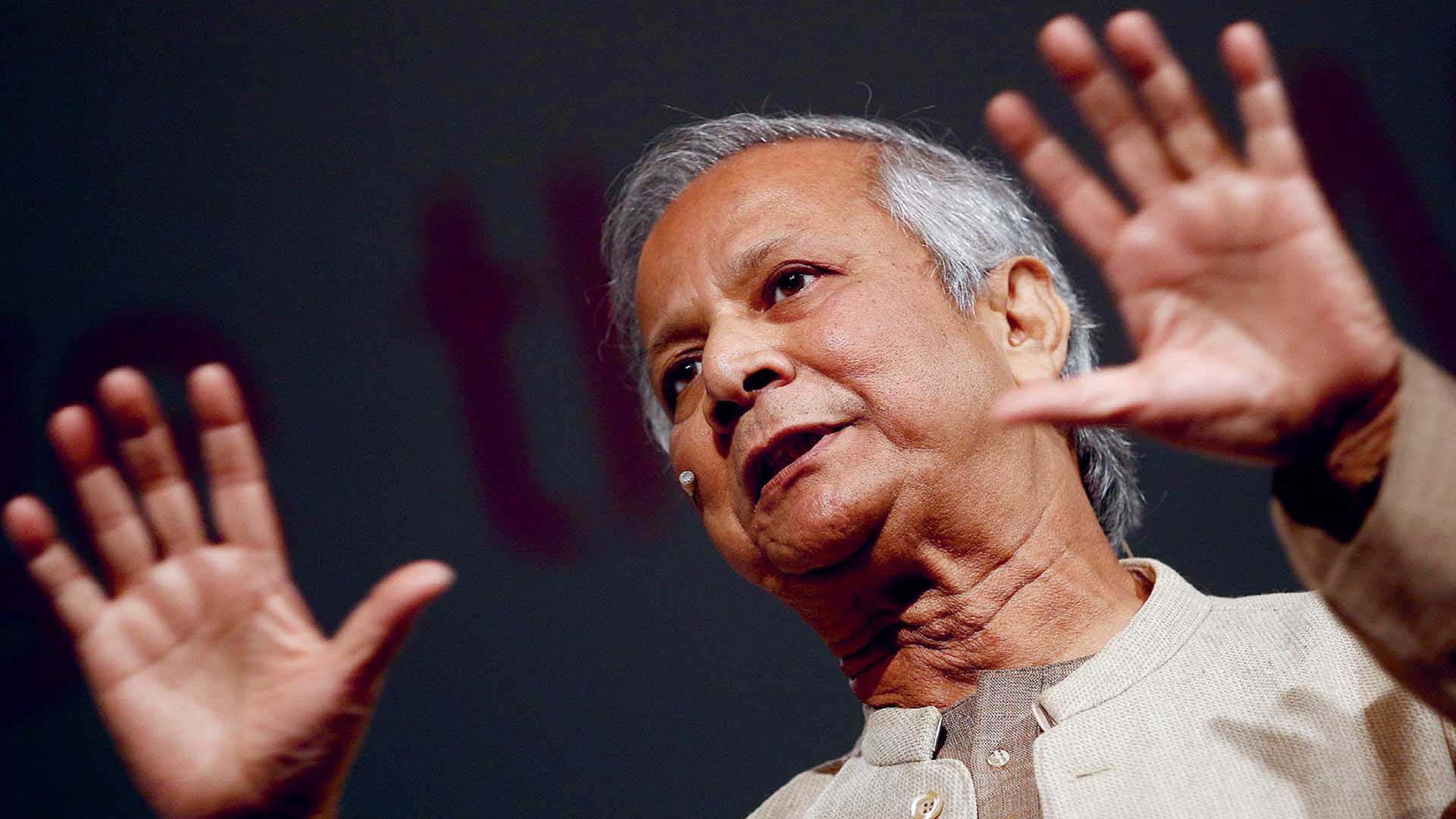Almost all banks have stopped opening new files for students intending to go abroad for higher studies and to send tuition fees and other expenditures due to the current US dollar crisis in the country.
This situation may cost the future of many students as their admissions may be cancelled.
Students already staying abroad would also face difficulties as their families are struggling to send dollars to them, experts said.
Bangladesh Bank spokesperson Abul Kalam Azad told New Age that banks were taking their own decisions as per the availability of dollars with them.
‘The banks which don’t have enough dollars can’t open student files,’ he said.
However, he added, there is no instruction or restriction from the Bangladesh Bank on the matter, he said.
‘The crisis would come to an end soon,’ he predicted.
Bangladeshi students going abroad usually send money through local banks for meeting their expenditures, including on admission, tuition and housing. Therefore, banks open a file for each of them to transact foreign currency and after moving abroad, their families send money to them through the account.
Due to the acute dollar crisis, banks have stopped opening new files for students going abroad while some of them are struggling to keep their existing files active, bankers said.
Few banks now open student files and that, too, on a selective basis, they said.
Last year, City Bank opened 5,390 files for students going abroad. The bank has opened 7,840 new files till October this year, according to United News of Bangladesh reports.
However, the bank has stopped opening new student files since the beginning of November.
Masrur Arefin, managing director of City Bank, told New Age that the bank has decided not to open student files due to the pressure on its foreign currency balance.
‘The bank has been trying to continue giving support in existing or previously opened files,’ he said.
However, it would resume opening new files after the situation improves, he added.
Association of Bankers Bangladesh chair and BRAC Bank managing director Selim RF Hossain said that banks which were facing deficit in dollars might not open student files.
‘Banks make their own decisions in accordance with their dollar supply,’ he said.
BRAC Bank, he noted, has not halted opening new files for students going abroad but it opens file selectively in view of the current situation.
UNESCO in its 2022 ‘Global Flow of Tertiary Level Students’ report said that 49,151 Bangladeshi students went abroad for higher studies in 2021.
In July–September of 2022-23, $153.1 million was sent abroad for higher education purposes while the figure was $98.8 million for the same period in 2021-22, according to BB statistics.
In 2021-22, some $321 million was sent abroad for the purposes.
The US embassy in Dhaka in a statement on Tuesday said, ‘More than 10,500 Bangladeshi students attended higher education institutions in the United States during the 2021-2022 academic year, moving Bangladesh up to 13th from 14th place during the previous academic year.’
Over the past decade, the number of Bangladeshi students in the United States has more than tripled, increasing from 3,314 during the 2011-2012 academic year to 10,597 during the 2021-2022 academic year, it said.
The gross foreign currency balance with all the banks fell to $4.5 billion in October, down from $5.2 billion at the end of June this year, according to Bangladesh Bank data.
The October balance was 8.14 per cent lower than the September balance of $4.9 billion, with a handful of banks holding the majority of the balance.
The commercial banks held $6 billion at the end of July 2021, but the balance started falling since then, the data showed.
The Bangladesh Bank’s decision not to sell dollars from its reserve to private commercial banks has aggravated the crisis.
As a result, at least 21 banks with negative balances in foreign currency holdings are currently struggling to pay their due import payments against their issued LCs, BB officials said.
The foreign currency reserve in Bangladesh dropped to $34.26 billion on Thursday as the central bank has increased dollar sales to tackle the greenback crisis on the market.
According to a suggestion from the International Monetary Fund, if the $8 billion used as an export development fund is excluded from the foreign exchange reserve, the reserve stands at $26.3 billion, the lowest in seven years.
The exchange rate has risen sharply to Tk 107 from Tk 84.8 against the US dollar within a year. The BB approved the floating rate of dollars on September 14.












